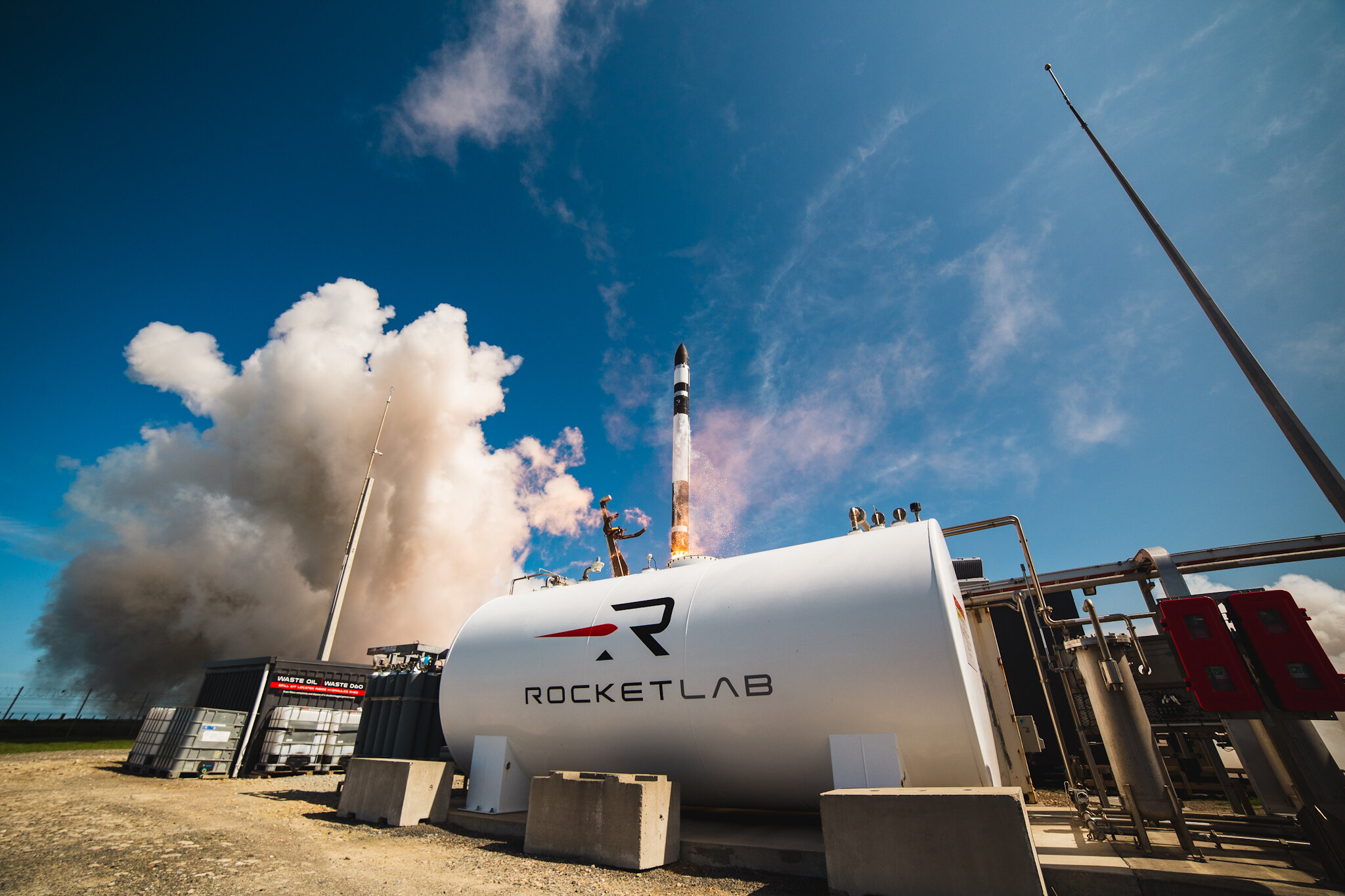In this segment of Industry Focus: Energy, show host Sarah Priestley and Motley Fool premium analyst Taylor Muckerman discuss the recent 4-0 vote from the International Trade Commission (ITC) to recommend import restrictions on solar panels. The discussion came about after the last two remaining U.S. solar manufacturers submitted a petition to the ITC. The president still needs to approve the potential move, but if enacted it would have far-reaching consequences for this nascent industry.
A full transcript follows the video.
This video was recorded on Sept. 28, 2017.
Sarah Priestley: The International Trade Commission ruled that the American solar industry is getting hurt by competition from overseas. The ITC voted four-nil -- or 4-0, because it's not a soccer score -- in favor of authorizing trade barriers against solar inputs. This comes after a petition was filed by Georgia-based Suniva and Oregon-based SolarWorld. America is evoking the 201 Safeguard law. Companies can seek this relief if they prove serious injury from a sudden surge of imports. The situation certainly looks bleak for domestic manufacturers right now, despite U.S. demand for solar rising 350% in the last five years. Imports have grown five times in the same period, which, argue the solar companies, have monopolized all that growth. Taylor, is this true?
Taylor Muckerman: You definitely do see some cheaper panels coming from outside the United States. There's no doubt about that. But one thing that the major U.S. solar companies have been arguing against this ruling for is because manufacturing solar panels isn't the only part of the solar industry. You have the panel manufacturers, the cell manufacturers. Then you also have the installers, maintenance workers, you have hundreds of thousands of U.S. citizens who are employed by the solar industry outside of just manufacturing. So if this does increase the cost of installing solar on a residential level or a utility level or a commercial level, you can see those other jobs, those tangential jobs, get cut back. And that's what companies like SunPower (SPWR +0.00%) and First Solar (FSLR 6.61%) and Solar City have been trying to say. And these companies are much larger, and seemingly much more forward-thinking, than these two companies that you just mentioned -- both of which, surprisingly enough, they say they're based in the United States, but they're foreign-owned. So they themselves are foreign companies, in the grand scheme of things. Already you see SolarWorld saying, "We're going to hire 200 more people by May of 2018." Two hundred more people is a drop in the bucket for companies like SunPower, Solar City, and First Solar.
Priestley: Yeah, absolutely. And undoubtedly, U.S. solar manufacturers have been hurt. Thirty have closed in the past five years. The two left standing that we're talking about, Suniva filed for bankruptcy; SolarWorld America shrank its workforce from 1,300 to 300. But as you correctly said, the law of economics dictates that if prices go up because of the stop on cheap imports of solar panels, it's going to decrease demand and stop solar in its tracks, which is what Congress wrote to the ITC last August when they argued against these safeguards. So it's not a sure thing this is going to go through.
Muckerman: Right, it still requires the White House to approve it.





